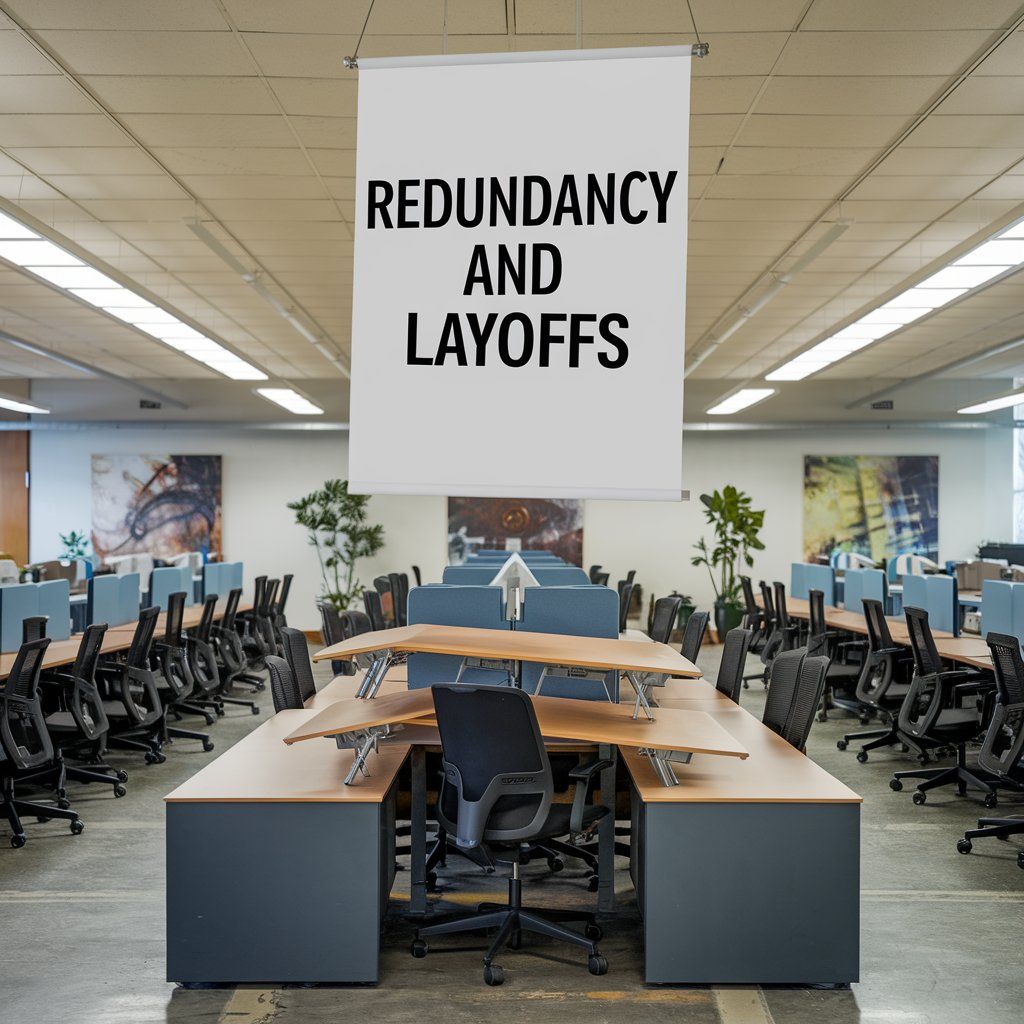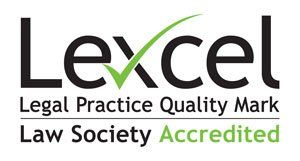5 Tips for Resolving Disputes with Your Employer
Disputes in the workplace can be stressful and challenging. Whether it’s a disagreement over responsibilities, workplace conditions, or communication issues, knowing how to resolve these disputes effectively is crucial. In this blog, we’ll share five practical tips to help you navigate conflicts with your employer and find a resolution that works for everyone.
Tip 1 - Understand Your Rights
The first step in resolving disputes with your employer is to understand your rights as an employee. Familiarising yourself with employment laws can empower you to address issues confidently.
Know Your Rights: Research your rights regarding workplace conditions, pay, and treatment. Resources like the Citizens Advice Bureau or ACAS (Advisory, Conciliation and Arbitration Service) can provide valuable information.
Stay Informed: Keep up to date with any changes in employment law that may affect your rights. This knowledge can help you advocate for yourself effectively.
Tip 2 - Communicate Openly
Open communication is key to resolving disputes. Here are some tips for approaching difficult conversations with your employer:
Be Direct but Respectful: Clearly express your concerns without being confrontational. Use "I" statements to share how you feel, such as "I feel overwhelmed with my current workload."
Choose the Right Time and Place: Find a suitable time to discuss your concerns when both you and your employer can focus on the conversation without distractions.
Listen Actively: Be open to your employer's perspective. Listening can help you understand their viewpoint and find common ground.
Tip 3 - Document Everything
Keeping records of your interactions and any disputes is essential. Here’s what to document:
Keep a Record: Write down dates, times, and details of conversations related to the dispute. This documentation can be helpful if the issue escalates.
Save Emails and Messages: Keep copies of any relevant emails or messages that are related to the dispute. These can serve as evidence if needed.
Note Changes: If there are any changes in your work conditions or responsibilities, document them as well. This information can support your case.
Tip 4 - Seek Mediation
If direct communication doesn’t resolve the issue, consider seeking mediation. Mediation is a process where a neutral third party helps facilitate a conversation between you and your employer to find a resolution. Here’s how to approach it:
What is Mediation?: Mediation involves a trained mediator who guides the discussion, helping both parties express their views and work towards a solution.
Requesting Mediation: If you feel comfortable, suggest mediation to your employer. You can say something like, "I think it might help if we had a neutral party assist us in discussing this issue."
Benefits of Mediation: Mediation can lead to a quicker resolution and often helps maintain a positive working relationship. It’s a less formal process than going through legal channels, making it a good first step.
Tip 5 - Know When to Escalate
Sometimes, despite your best efforts, disputes may not be resolved. Knowing when to escalate the issue is important. Here’s what to consider:
Assess the Situation: If the dispute continues and affects your work or well-being, it may be time to escalate. Consider whether you’ve tried all other options first.
Approach Higher Management or HR: If mediation doesn’t work, you can bring the issue to higher management or your Human Resources department. Prepare your documentation to present your case clearly.
Understand the Process: Familiarise yourself with your company’s grievance procedure. This will help you navigate the escalation process effectively.
Decide if you require legal advice: Sometimes dealing with employment disputes can be overwhelming and complex. Seeking legal advice at an early stage can help make things easier to understand and take away some of the stress.
How can we help?
If you’re facing a dispute with your employer and need legal assistance, don’t hesitate to reach out to our dedication team at Pinkney Grunwells Lawyers. Our Civil Litigation team is here to help you understand your rights and find the best path forward.
Contact Us




